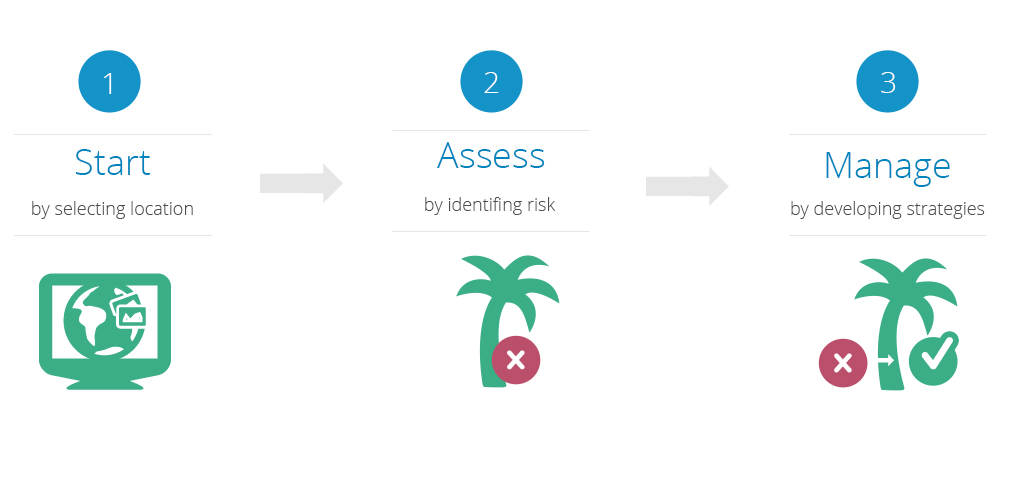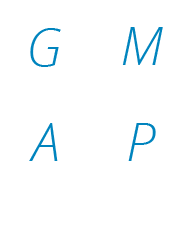The Process

The Global Map of Environmental and Social Risks in Agro-Commodity Production
Agriculture is the single most important economic sector and source of employment in emerging markets. In low-income countries, the agricultural sector often accounts for 60-80 percent of total employment and half of the country’s gross domestic product.
By 2050, there will be two billion more people in the world; a 70 percent increase in global food production will be needed to feed them. Most of the additional investment must come from the private sector. Sustainability, pressure on natural resources, climate change, and access to affordable food all present challenges, but also opportunities.
Both the International Finance Corporation (IFC) and the World Wildlife Fund (WWF) are helping to support agribusiness firms and banks that finance the agricultural sector to do business in a sustainable way. For many, identifying and managing supply chain risks related to child and forced labor, conversion of natural and critical habitats, and loss of biodiversity represents a key challenge. In order to streamline the identification and management of those risks the IFC and WWF created GMAP..
To date, the research team has completed hundreds of environmental and social risk assessments in agricultural commodity production for private sector partners.


GMAP was developed by the IFC in partnership with WWF and ITC.

IFC, a member of the World Bank Group, is the largest global development institution focused exclusively on the private sector in developing countries. IFC’s work in more than a 100 developing countries allows companies and financial institutions in emerging markets to create jobs, generate tax revenues, improve corporate governance and environmental performance, and contribute to their local communities.
WWF is one of the world’s leading conservation organizations, working in 100 countries for over half a century. With the support of 1.1 million members in the United States and close to 5 million worldwide, WWF is dedicated to delivering science-based solutions to preserve the diversity and abundance of life on Earth, halt the degradation of the environment and combat climate change. Transforming markets and policies to reduce the impact of the production and consumption of commodities is one of WWF’s key priorities in achieving its mission.
ITC is a joint agency of the United Nations and WTO. ITC has developed the Sustainability Map, a web-based platform that provides among others a module to identify, review and compare voluntary sustainability standards. As a neutral broker of information on sustainability standards, ITC provides GMAP with verified data that can be mapped to IFC Performance Standards and offers relevant analyses of which sustainability standards may cover relevant risks identified in each GMAP report.
Developing and designing a rigorous risk methodology
The research team is comprised of individuals with diverse educational and professional backgrounds and specialties, which supports a thorough research and peer review process. The team has collectively developed and designed a rigorous risk methodology aligned to the IFC 2012 Performance Standards on Environmental and Social Sustainability.

To date, the team has completed research on more than 330 country-commodity combinations for private sector clients. Based on learnings from this extensive research, work with clients and pilot testing, the team has conducted multiple methodology improvements and continues to do so.
